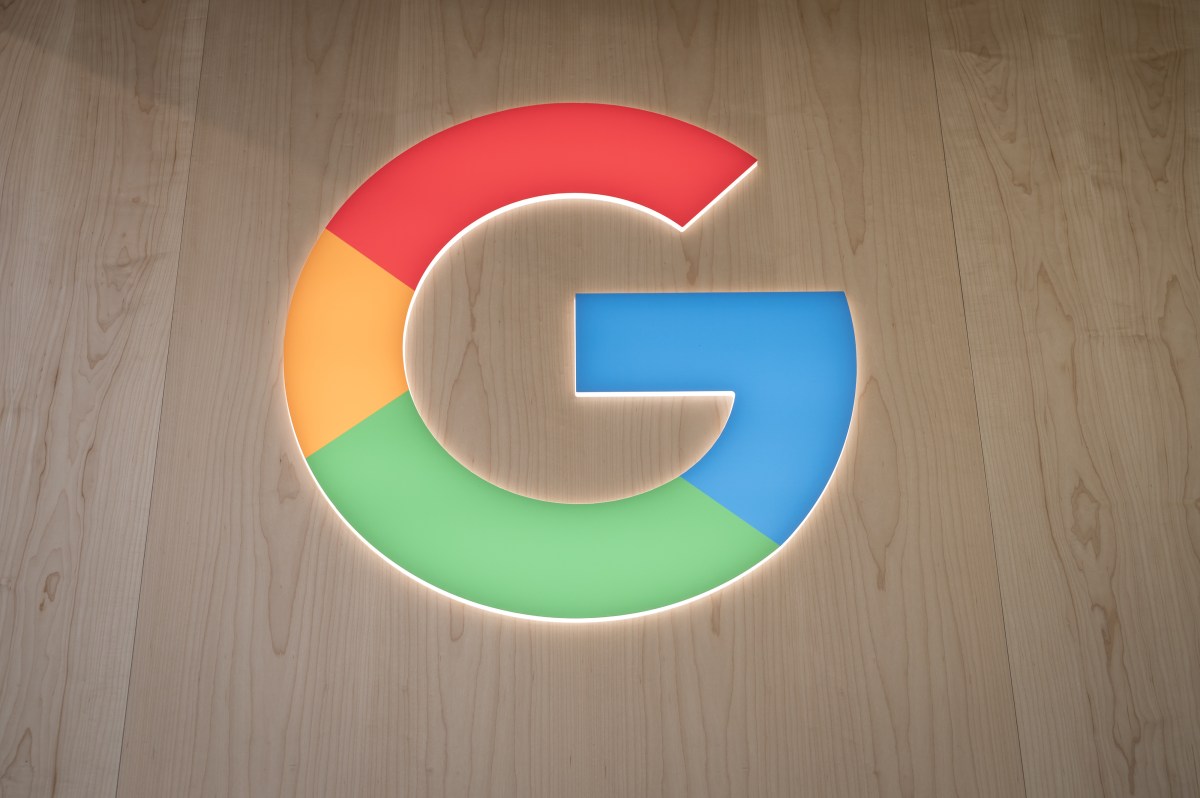Google loses massive antitrust case over search | TechCrunch

Google has suffered a major court defeat in the U.S. that could alter the way it does business, should the decision stand.
Judge Amit P. Mehta of U.S. District Court for the District of Columbia, ruling in a case brought against Google by the Justice Department, said that Google had abused its monopoly power over the search business in part by paying companies to present its search engine as the default choice on their devices and web browsers.
Google pays companies including Apple and Mozilla billions of dollars for prime placement in web browsers and on smartphones. According to The New York Times, Google paid Apple about $18 billion to be the default search engine on iPhones in 2021; Google shares 36% of search ad revenue from Safari with Apple.
“After having carefully considered and weighed the witness testimony and evidence, the court reaches the following conclusion: Google is a monopolist, and it has acted as one to maintain its monopoly,” Mehta wrote in his opinion filed Monday. “It has violated Section 2 of the Sherman Act.”
The ruling caps off a years-long case — U.S. et al. v. Google — that resulted in a 10-week trial last year. The Department of Justice and a group of attorneys general from 38 states and territories, led by Colorado and Nebraska, filed similar but separate antitrust suits against Google in 2020, alleging that Google unfairly blocked out would-be search rivals like Bing and DuckDuckGo. The Department of Justice estimated that Google had a 90% share of the search market, a figure that Google disputed.
The outcome of the case is a significant win for the Justice Department in an election year when former president Donald Trump would, should he win a second term in office, almost certainly take a decidedly more hands-off, deregulatory approach to tech. It may also impact the Justice Department’s second antitrust suit against Google, which alleges that Google illegally monopolized the digital ads market; arguments for that case are scheduled to begin September 9.
Judge Mehta has yet to decide remedies for Google’s behavior. But he could force the company to change the way it runs its search business — or order it to sell off parts of that business. The ruling could be appealed, of course, and the final verdict may differ significantly, as happened with Microsoft’s famed antitrust case in the 1990s.
Google didn’t immediately respond to a request for comment.







